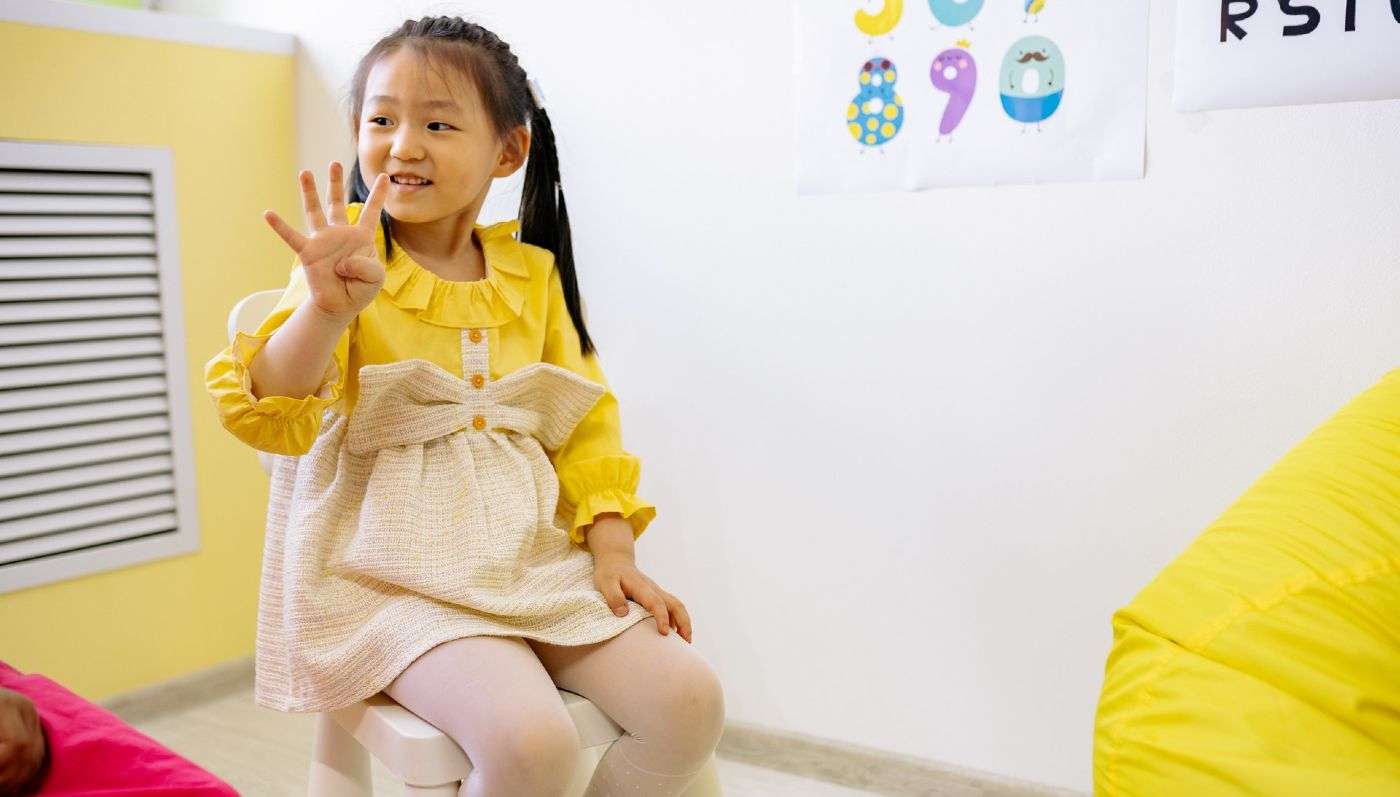11-year-old Girl Drummer, Nandi Bushell, Finally Joins Foo Fighters on Stage - LOOK
11-year-old drummer Nandi Bushell who gained fame by challenging Dave Grohl to a drum-off joined the Foo Fighters to play on stage.

Sweeping educational reforms, aimed to reduce the sometimes crippling pressure for pupils to succeed at school, have seen end-of-year exams ended for children in China aged 6 and 7.
The ban mirrors one passed earlier this year for written homework for first and second graders, and one limiting the homework burden on Junior High students to 1.5 hours per night.
This reporter has worked in the Chinese private tutoring industry, and seen first-hand the pressure which the desire for a strong education has created within students, but also in parents, who will regularly work themselves to the bone in order to furnish the exorbitant tutoring costs associated with a first-class education.
It was not uncommon for me to meet students who had more than 20 classes per week entirely outside the school system, and which could include music and English or French, but also private instruction based on what they went through that week in school.
"Too frequent exams… which cause students to be overburdened and under huge exam pressure," have been axed by the Ministry of Education's reforms published on Monday. They added that the exam burden "harms their mental and physical health."
Indeed a 2011 study of 43 high school students in Yunnan province found that they all saw education as a whole as nothing more than merely the passing of an examination, before the preparation for another.
"This particular approach, at its worst," the authors wrote, "can stifle a student's imagination, creativity, and sense of self, qualities crucial for a child's ultimate success in and out of the classroom."
The average public school classroom can be between 40 and 60 students, giving teachers very little time for individual attention. If a child cannot keep pace with the class, there are typically two options the parents can take. One option is to bribe the teacher to ensure their child is thoroughly understanding every lesson, however if some other parents have offered higher bribes, an informal bidding war can sometimes occur.
The other option is to go for tutoring, which can easily cost $15,000 a year, as China has one the largest tutoring sector on Earth, worth $100 billion per year.
Previously, children took yearly exams so as to prepare for the university entrance test—"the dreaded gaokao" as France24 put it, which can define a young person's life trajectory.
The reforms were put in place to try and close the educational gap in school, which has caused all manner of social distortions. One example is that catchment areas of good schools are highly sought after, driving the prices of real estate sky high.
Another is the concentration of good teachers at good schools, as more public and private money finds its way into the coffers of schools that crank out better-testing pupils. The Party addressed this by imposing a forced rotation for teachers every six years.
Far beside the one-child, and now two-child policy, the cost of school made having multiple kids economically unfeasible. Now with the slowest population growth in decades, attempts to ease the financial burden of school is seen as welcome relief to parents.
RAISE a Hand for Good News by Sharing This Story…
Be the first to comment